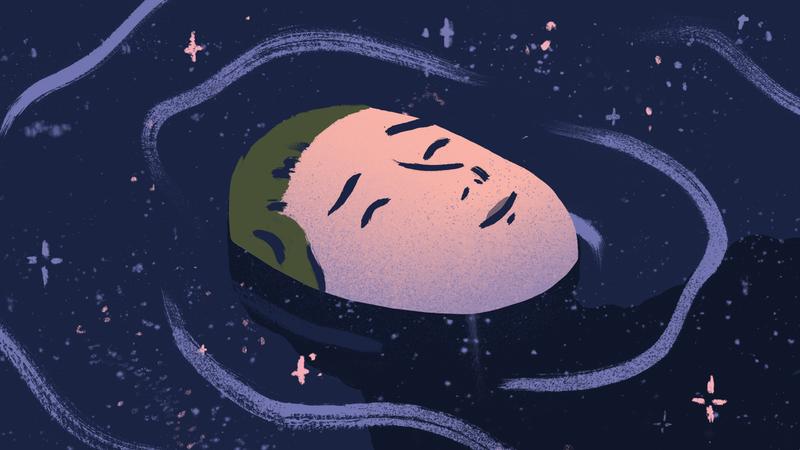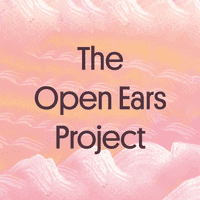The Open Ears Project - Episode Seven: On Vulnerability
CLEMENCY BURTON HILL: This is the Open Ears Project, it’s day seven.
[Music - Schubert’s Piano Trio No.1, Second Movement]
ERIC JACOBSEN: If anything's more simpler than that. Just four notes. Hello. Welcome world. Turns a little bit here... is it sad? No. And then it's just so vulnerable right here. It opens up. And then it passes the Baton. So the violin has the solo. But the cello’s just talking underneath. And meanwhile the piano keeps on playing that Brooke that stream, and how beautiful is that.
My name is Eric Jacobson. I'm a conductor and a cellist. I've chosen the slow movement of Schubert's first Piano Trio and this particular movement, it happened to be my mother's favorite piece. I'm not sure exactly why you know, I never got to ask her those things.
When I was 11, I lost my mother.
And I just remember waking up top bunk of my bunk bed in my house and there were my father and friends of my mother in the room and my mom wasn't there and I think I knew right away, but my dad got into bed with me and told me that my mom had died.
She's what made me a musician. She's what made me who I am.
My mom was a flutist, raised us in Long Island. And she taught a lot, she had a lot of students, and she played various places.
And my father is a violinist. He played with The Met Opera for thirty so-on years. Together they created a world where I’d be a musician, or a human, more importantly, and music sort of filled this incredible need of being closer with my family, but also creating more connections around my life.
Technically, this is a piece of chamber music. Three people sitting around having their own voice everyone saying their own individual thing. For me it relates to a dinner party. That's what music is, it's communicating. Everyone has their own view.
I think the simplicity of this piece is what makes it one of the most favorite pieces that I have in my in my brain, but of course, one that was given to me by my mother, the simplicity, the generosity, and the openness.
I'm 25 years away from the time that I lost my mother, from that pre and post in my life and yet, now it's just all joy. I don't know how that happened.
I mean, yes, of course, I lost out on something, but at the same time what she created for me what she gave me was such a love of life and a love of... of humans.
I think she just really loved being around people and she loved the interaction of what a conversation is and that's what chamber music is. It’s talking to people with your instruments.
Picking up a violin, a cello, a piano or singing a song and looking and making eye contact with each other and I just can't help it. But especially in this piece of Schubert it just keep on smiling.
CBH: That was Eric Jacobsen choosing Shubert’s Piano trio No. 1, the slow movement, which you can hear in its all vulnerable simplicity in just a moment. We are a week into The Open Ears Project today, and we’re so happy to have you with us. We love hearing from you, we love hearing about how this music and this stories are making you feel. If you have pieces that remind you of loved ones who are no longer with us, or any other musical memories that you would like to share, please get in touch openearsproject.org has all the ways to contact us, or you can join the conversation on social media #openearsproject, or hit me up @clemencybh. My heart is very full right now. Take care of yourselves. I’ll see you tomorow.
Copyright © 2019 New York Public Radio. All rights reserved. Visit our website terms of use at www.wnyc.org for further information. New York Public Radio transcripts are created on a rush deadline, often by contractors. This text may not be in its final form and may be updated or revised in the future. Accuracy and availability may vary. The authoritative record of New York Public Radio’s programming is the audio record. Note: The copyright date for any new transcripts should reflect the year the transcript is created. Also, for transcripts being created now for shows in the past, and send out or posted now, the language should be on the transcript (again, with the copyright date the transcript was created). For example, any transcripts created between now and the end of the year would have the copyright date of 2019, even if the show was made in 2018.

